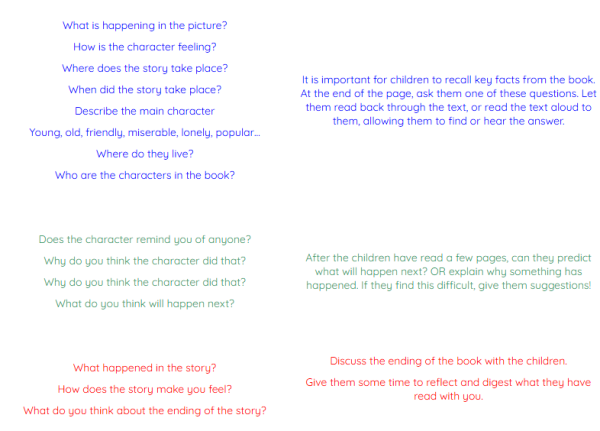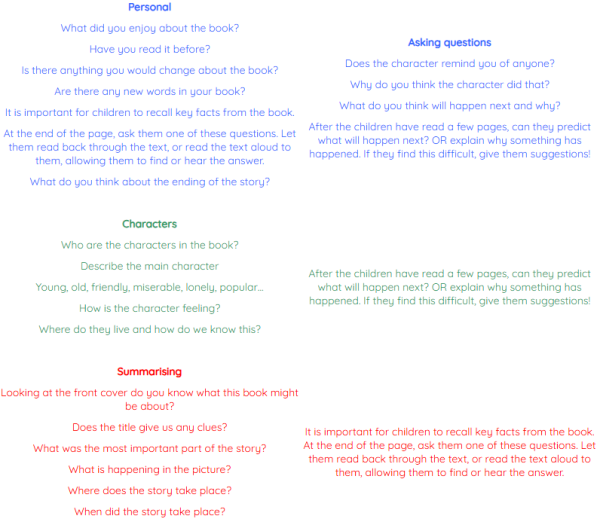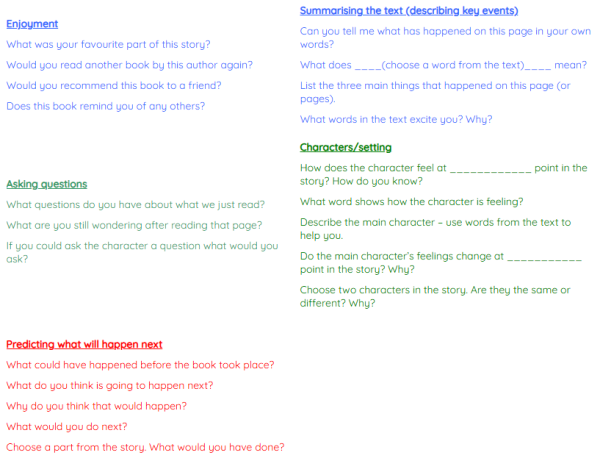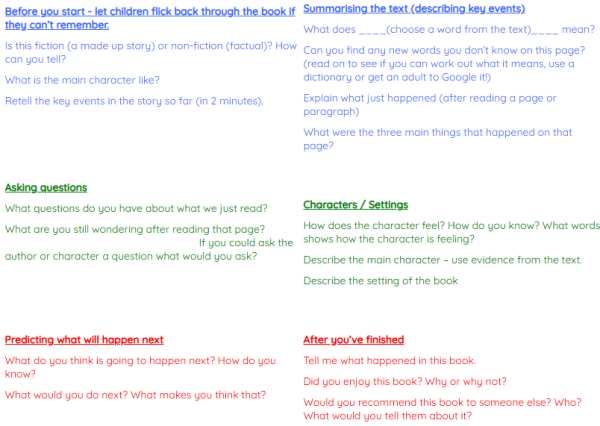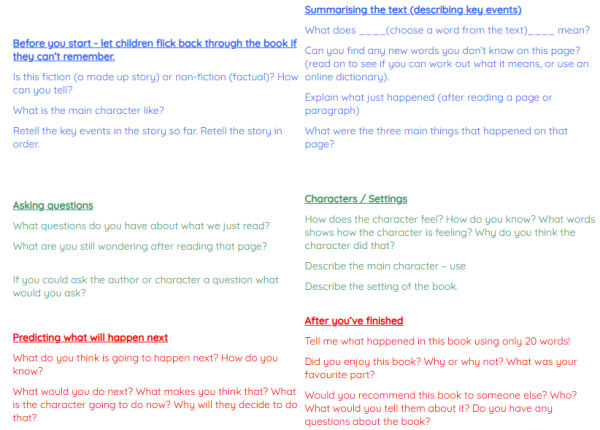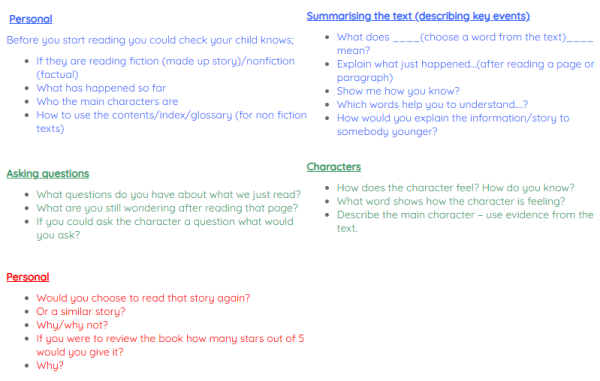Curriculum
Curriculum Vision at St. Anthony’s Catholic Primary School
At St. Anthony’s, we take great pride in our curriculum, which is shaped by our spiritual mission:
"Learning, Growing and Living with Jesus."
A Curriculum Rooted in Love and Excellence
Love underpins everything we do at St. Anthony’s. We value our children, families, and staff, ensuring that our pupils feel secure and supported throughout their learning journey. Our vision expects excellence, fostering a love of learning from the first day children arrive and striving to develop lifelong learners who challenge themselves and embrace the foundations of knowledge in core subjects.
Our holistic approach is grounded in our Catholic values and ethos, forming the foundation for all learning. We celebrate the diversity of modern British life and our local community by respecting all faiths and people with no faith, while explicitly teaching British Values. This helps our children develop a deep-rooted sense of morality, which guides them throughout their lives.
Ambitious and Experiential Learning
We strive for excellence with an ambitious curriculum where children learn distinct subject areas. A key focus is on developing confident, competent readers, with Disciplinary Literacy as a cornerstone of our pathway. Our dialogic model emphasises speaking skills, encouraging children to engage in meaningful learning conversations.
Our broad and balanced curriculum incorporates rich experiential learning. Pupils have opportunities to visit learning attractions, such as museums and local sites, and participate in in-school workshops across subjects. Subject specialists, including our dedicated PE, Music, Computing, and French teachers, enrich this provision. With our own minibus, we can offer children even more opportunities, from external visits to sports fixtures and clubs.
Residential Trips and Spiritual Growth
To foster independence and resilience, we offer residential trips in Years 5 and 6, providing opportunities for children to develop new skills, step out of their comfort zones, and strengthen peer bonds as they prepare for secondary school. Spiritual growth is at the heart of our ethos, and Year 6 pupils attend a residential retreat, offering them time for reflection, confidence-building, and a deeper sense of self.
Building Strong Partnerships with Families
As a Rights Respecting School, we create strong partnerships between school and home, ensuring that children feel supported in all aspects of their learning. We regularly invite parents to school to demonstrate how we teach essential skills, such as phonics, reading, and times tables, enabling them to support learning at home. This aligns with Article 18 of the Rights of the Child, emphasising that both parents share the responsibility for their child’s upbringing and that governments must support families in doing what is best for the child.
Inclusive Learning for All
We welcome and support children newly arriving in the area or country. Our skilled bilingual staff and teachers ensure pupils with English as an Additional Language (EAL) are given every opportunity to excel. Inclusion is central to our Mission, ensuring all children thrive within a diverse and supportive community.
Nurturing God-Given Talents
We aim to develop every child’s God-given talents through an extensive range of extracurricular activities. From Library Club and Drama to Gymnastics, Football, Basketball and Choir, our offerings inspire creativity, skill development, and collaboration. Wrap Around Club, available until 6:00 pm daily, ensures additional support for families.
Catholic Social Teaching Connection
Our curriculum is deeply aligned with Catholic Social Teachings:
- Human Dignity: Recognising and celebrating the worth of every child.
- The Common Good: Encouraging learning and activities that benefit all.
- Solidarity: Fostering inclusion and collaboration across our diverse school community.
- Subsidiarity: Promoting active involvement from families and pupils in the learning process.
- Preferential Option for the Poor: Providing support to ensure all children, especially those most in need, have the tools to succeed.
Through our curriculum, we aim to inspire children to become lifelong learners, confident communicators, and compassionate citizens, grounded in faith and prepared to make a positive impact on the world.
 St Anthony's Catholic
St Anthony's Catholic